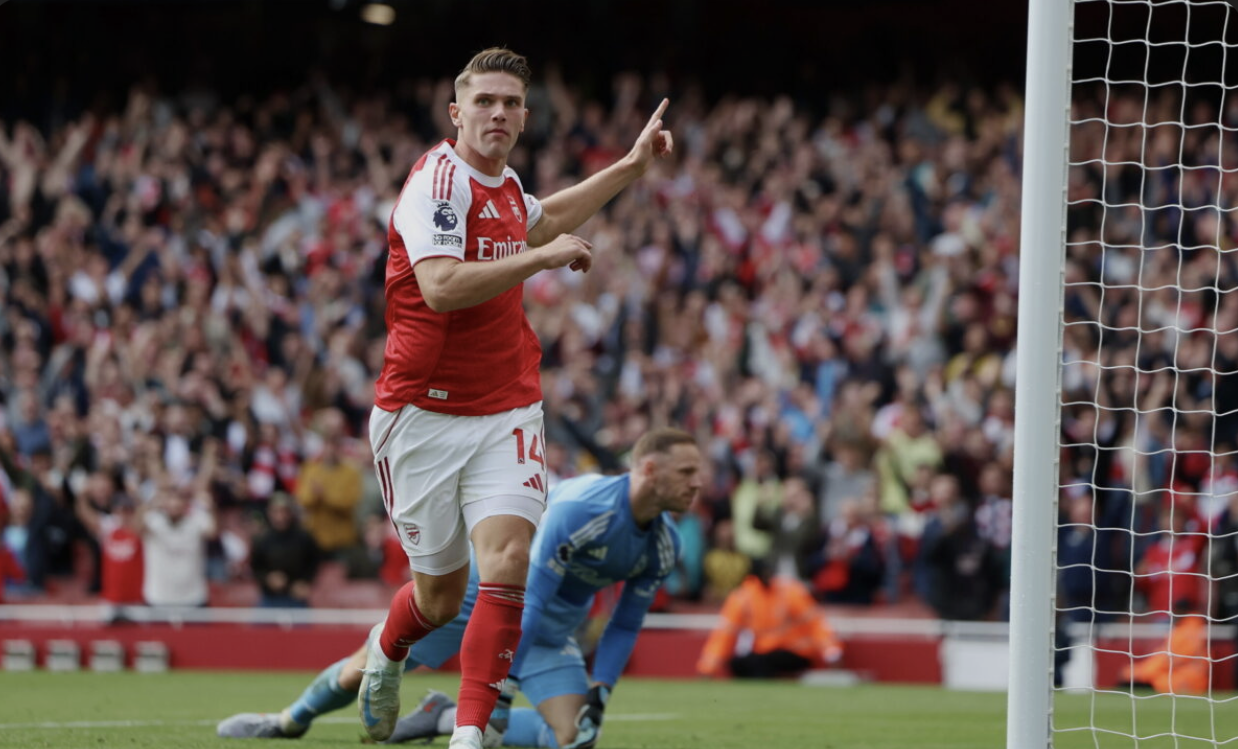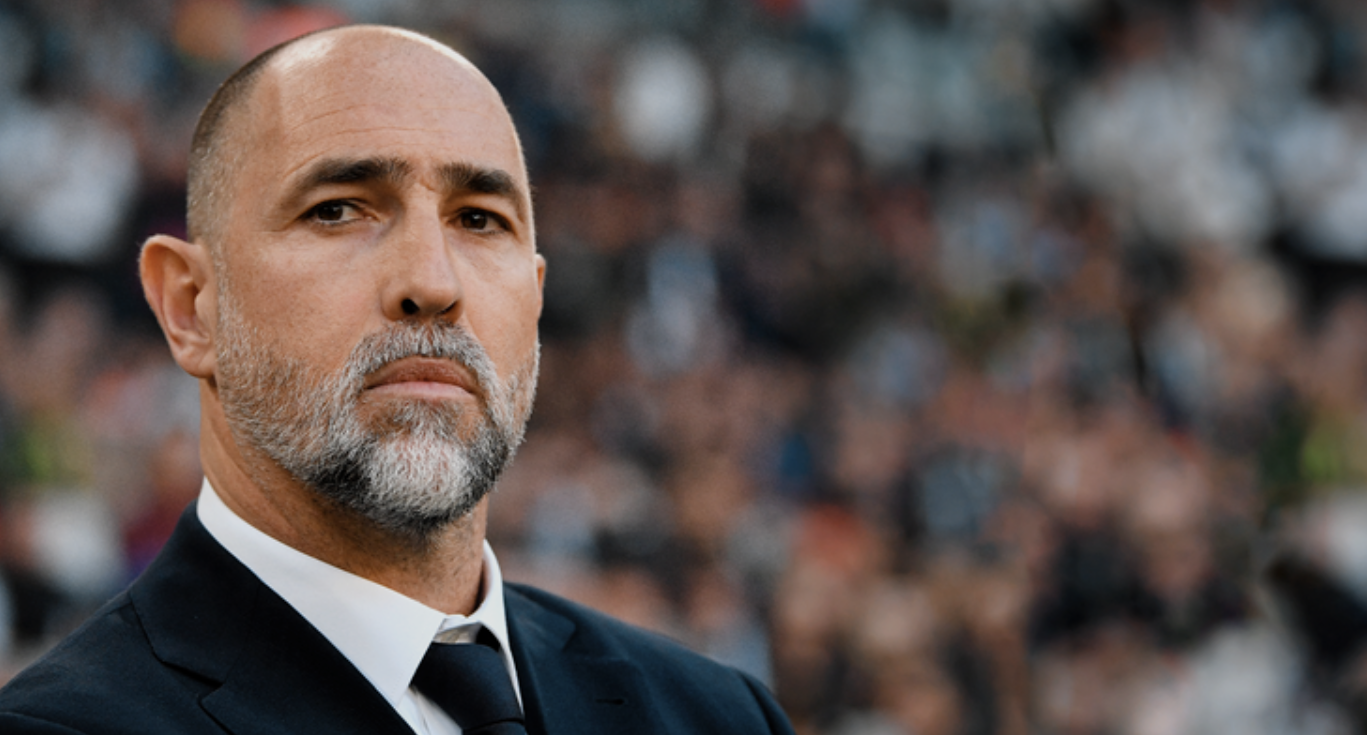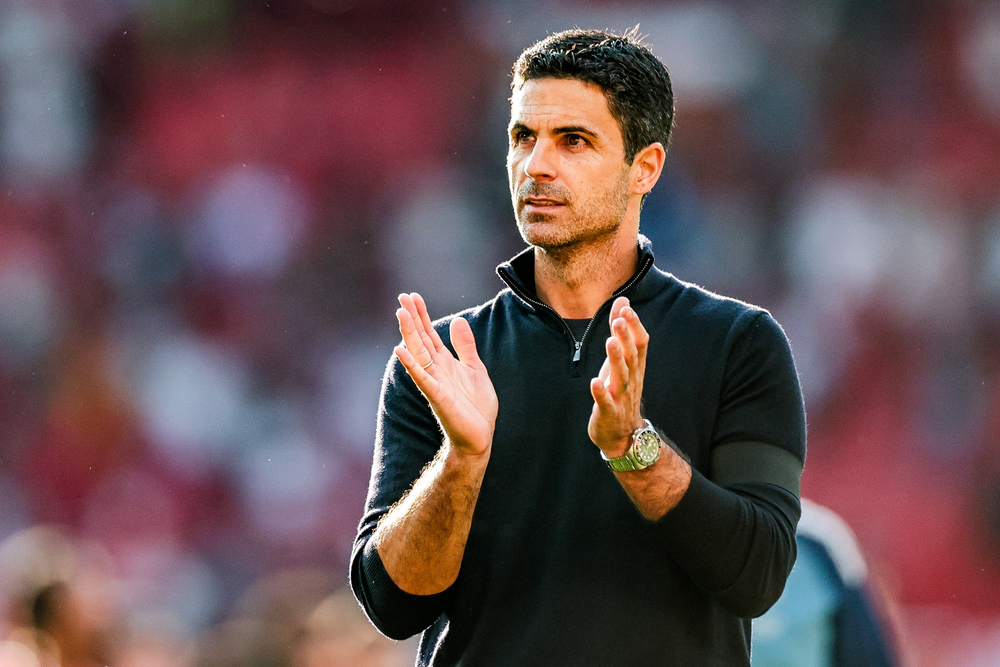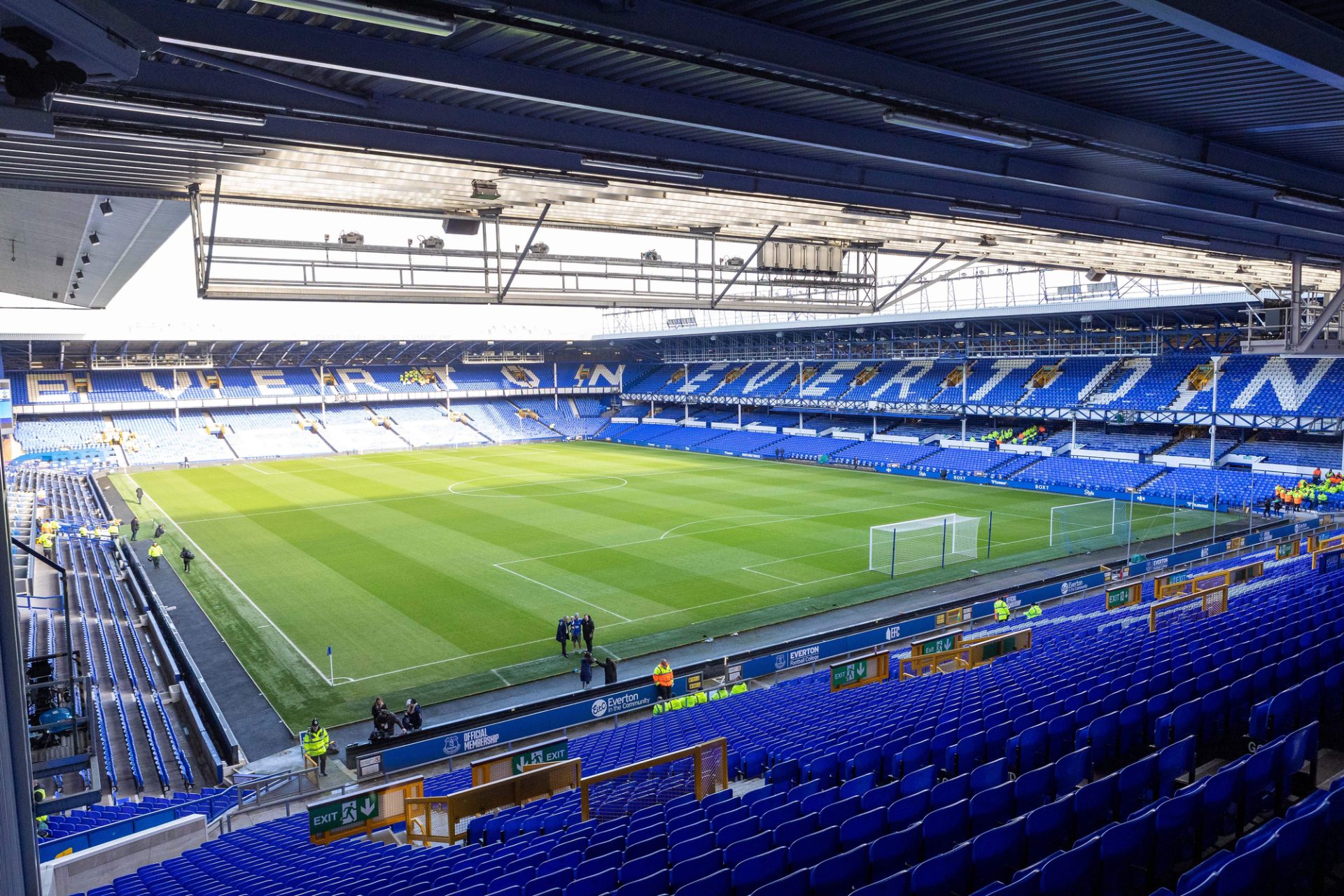What Is The Club World Cup?
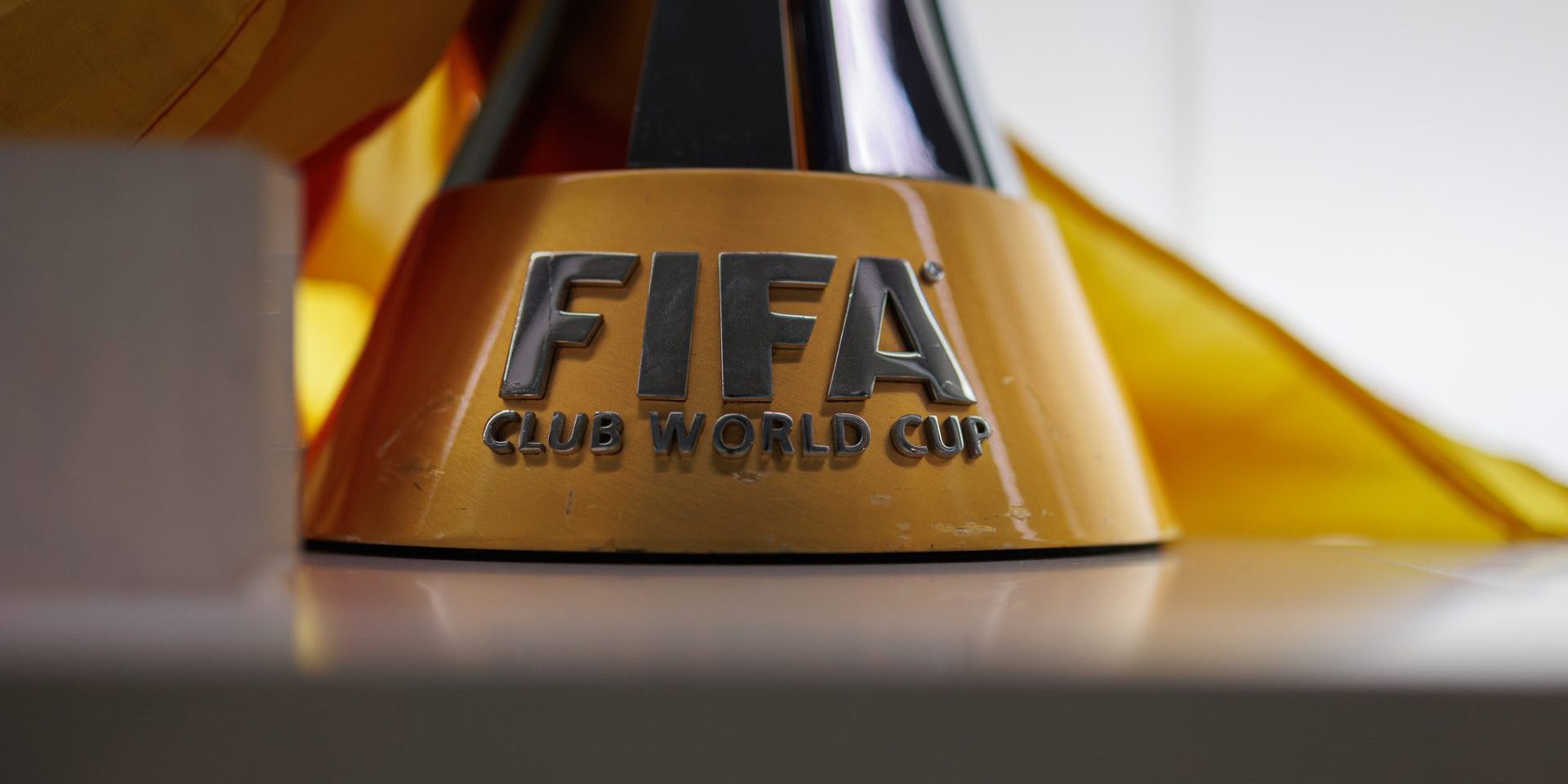
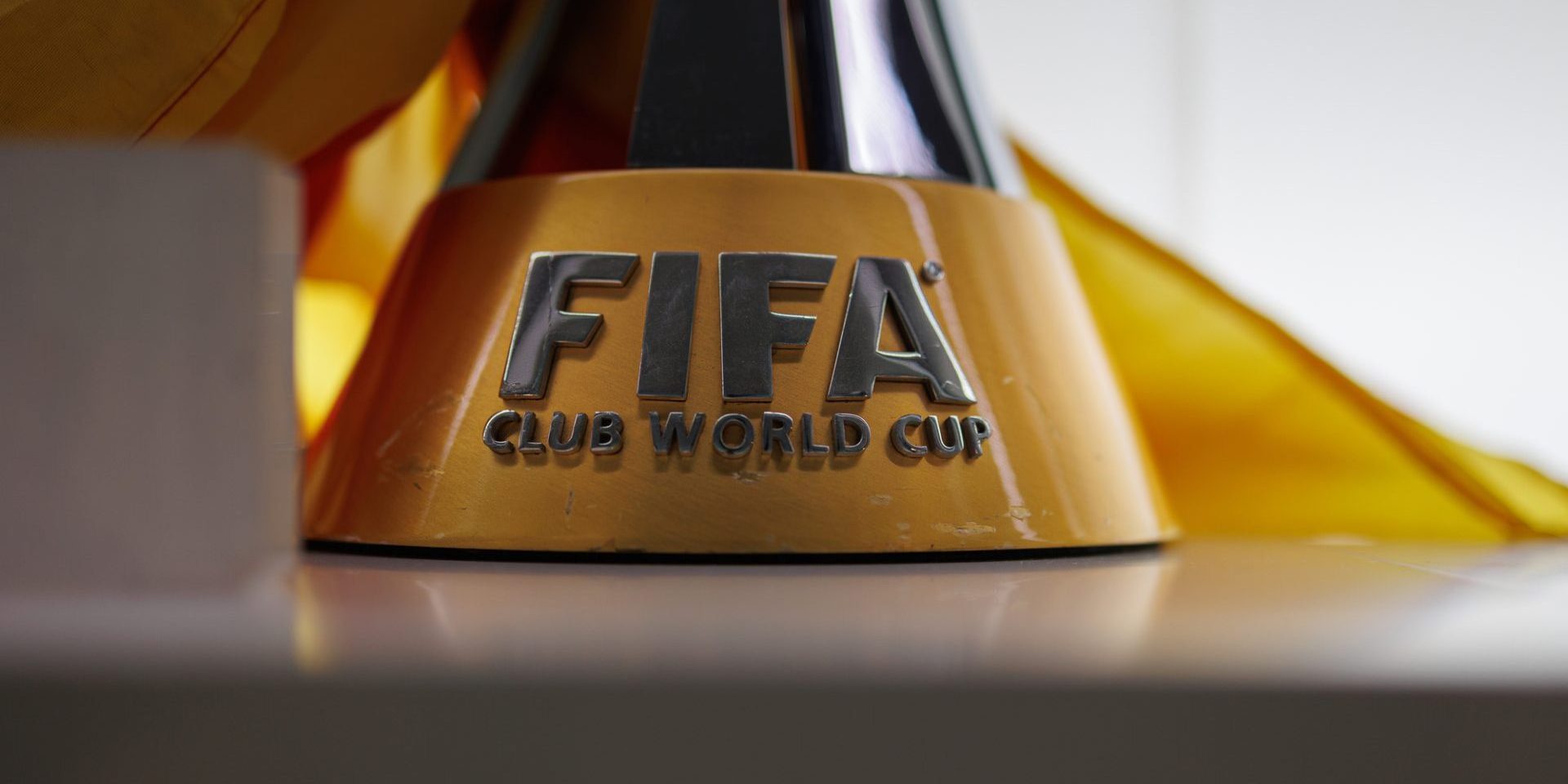
Table of Contents
The FIFA Club World Cup has undergone a significant transformation, with the tournament now featuring 32 teams and taking place every four years. The inaugural edition of this revamped competition will be held in the United States from June 15 to July 13, 2025. This change in format marks a significant departure from the previous annual tournament, which featured only seven teams.
Former FIFA President’s Stance on Club World Cup Reversed
Sepp Blatter, the former FIFA president, once called the Club World Cup a “mistake.” However, the organization has now decided to expand and restructure the tournament, despite the controversy surrounding the decision. This move demonstrates a significant shift in FIFA’s stance on the competition and its potential impact on the global football landscape.
Allocation of Spots for Participating Confederations
The 32 participating teams will be drawn from all six international football confederations, with Europe (UEFA) receiving the highest allocation of 12 spots. The remaining places will be distributed as follows:
- Asia (AFC): 4 spots
- Africa (CAF): 4 spots
- North and Central America (CONCACAF): 4 spots
- South America (CONMEBOL): 6 spots
- Oceania (OFC): 1 spot
One additional spot is reserved for a team from the host nation, which has been awarded to Inter Miami for winning the 2024 MLS Supporters’ Shield.
Qualification Criteria and Notable Qualifiers
Clubs earn their place in the tournament based on their performances in continental competitions over the past four seasons. Recent Champions League winners Chelsea, Manchester City, and Real Madrid have already secured their spots, along with other top-performing European clubs. However, due to the maximum limit of two clubs per country, 2022 Champions League finalists Liverpool missed out on qualification.
The final qualifying team, Botafogo, earned their place by winning the South American Copa Libertadores. Some have interpreted the allocation of the host nation spot to Inter Miami, despite not being the current MLS champions, as an attempt to ensure Lionel Messi’s participation in the tournament.
2025 Club World Cup Teams
Pot 1: Manchester City, Real Madrid, Bayern Munich, Paris St-Germain, Flamengo, Palmeiras, River Plate, Fluminense
Pot 2: Chelsea, Borussia Dortmund, Inter Milan, Porto, Atletico Madrid, Benfica, Juventus, Salzburg
Pot 3: Al Hilal, Ulsan, Al Ahly, Wydad, Monterrey, Club Leon, Boca Juniors, Botafogo
Pot 4: Urawa Red Diamonds, Al Ain, Esperance Sportive de Tunisie, Mamelodi Sundowns, Pachuca, Seattle Sounders, Auckland City, Inter Miami
Tournament Format and Venues
The Club World Cup will follow a format similar to the men’s and women’s World Cups, with the 32 teams divided into eight groups of four. The group stage will feature a round-robin format, with the top two teams from each group advancing to the knockout stages. The tournament will culminate with the final on July 13, 2025.
All 63 matches will be played across 12 different stadiums in the United States, serving as a prelude to the country’s co-hosting of the 2026 World Cup alongside Canada and Mexico.
Broadcasting Rights and Accessibility
DAZN, a streaming platform, has secured exclusive rights to broadcast all 63 matches for free on its platforms. The company also has the option to sublicense rights to local free-to-air broadcasters, ensuring wider accessibility for fans worldwide.
Legal Challenges and Concerns Over Player Welfare
FIFA faces legal action from player unions and leagues over the tournament’s scheduling. FIFPRO, the global players’ union, and top European leagues argue that the international football calendar is already “oversaturated” and that the additional tournament “risks player safety and wellbeing.”
Several players, including Liverpool’s Alisson Becker and Manchester City’s Rodri, have voiced their concerns about player welfare amidst an increasingly congested football calendar. With only five weeks between the Club World Cup final and the start of the 2025-2026 Premier League season, managers like Pep Guardiola have requested a delayed start for their teams.
FIFA maintains that the tournament is not responsible for calendar congestion and has formalized a Task Force on Player Welfare to address these issues. As the football world prepares for this expanded and controversial tournament, it remains to be seen how clubs, players, and fans will respond to the new format and its impact on an already crowded football calendar.

